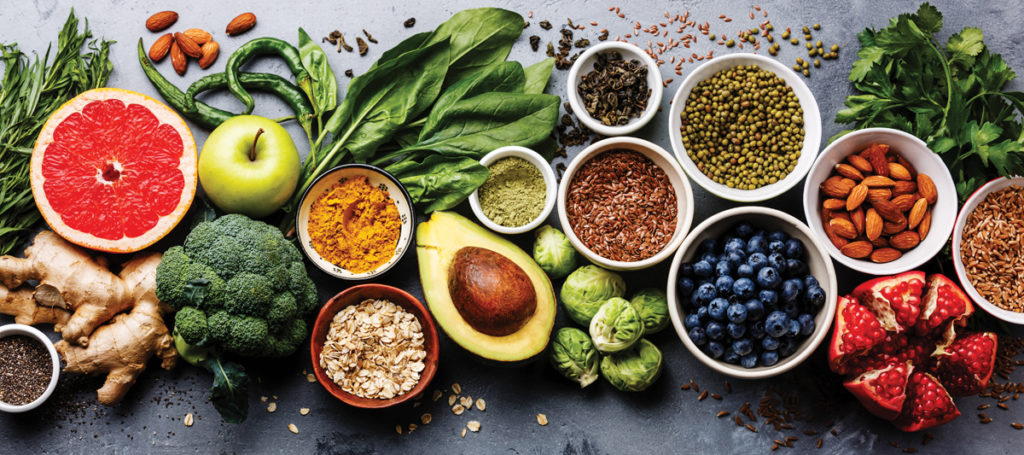

Sumer Dene
I am honored to be Bay Area Houston’s new featured writer!
A little about me; I grew up in Atlanta, New Jersey, Houston and Los Angeles. I graduated with a degree in Animal Science from Rutgers University. In an active research environment, we ask important questions like how and why.
I was a model in New York City and Los Angeles. I did runway and editorial modeling and a national broadcast commercial.
The industry taught me how to be professional, poised and confident.
However, the demands took a toll and I felt stripped of my identity. Beauty is supposed to be unique, kind, graceful, natural and full of life. Why alter and idealize it? It was difficult to be myself and live up to unrealistic measurements and standards.
After college, I was a law intern at the Superior courts in Washington, D.C. I discovered the importance of finding fact to represent important truths. Change is inevitable and so is growth- if you are willing. Laws change over time based on the wants and needs of the people.
After my internship I moved to Austin, TX. Here I discovered eccentric art, music, culture and a variety of whole-foods available anywhere at any time of day.
I couldn’t believe my eyes, all of the versatile, quality, affordable fresh foods made convenient to order. How did people not know about this? More importantly, why are whole-foods normally so difficult to find in our daily, multi-faceted life?
Why?
Through knowledge and pertinent information we can share common goals to find solutions to major problems in our society. Our food system is complex, and it doesn’t have to be. Food connects us, brings us together and fuels us. Nutrition plays an important role in how we look, feel, think and interpret information. How we choose to nurture ourselves is a decision we make every day for the rest of our lives. We can inspire loved ones to make healthier choices from living by example and becoming informed. The main reason people don’t give a whole-foods lifestyle a try is because of lack of information, pressure from advertisements, family and friends.
Over time I learned to be aware of what I put in my body and things started to change.
How?
A whole-foods lifestyle first begins with a variety of vegetables, fruits, whole grains and legumes. Everyone does it differently- it’s a learning experience to find out what is best suited for you.
There’s no need to limit or restrict yourself. This is a long-term goal to improve health and quality of life. You’ll learn each step is easier than the next. It’s supposed to be fun, simple and easy. It’s about exploring healthful foods and sharing that joy with the world, and that is why I developed a versatile, efficient guide to help others begin their personal journey with food.
Ingredients
It’s amazing what you can do with a few simple ingredients to combine into something delicious and nutritious. The less ingredients, the better.
Avoid words like high fructose corn syrup, gelatin, caraganeen, palm oil, white (refined), hydrogenated oils (trans fats), sodium nitrates, sodium benzoate, red 40, yellow 5 or any type of artificial color or taste used for marketing purposes. If you can’t pronounce it, you probably shouldn’t eat it. Check servings sizes and percent daily values to calculate specific nutritional needs.
Processed and refined foods are stripped of valuable nutrients. These are “empty” calories high in saturated fats with no nutritional value. To make things worse, many low-fat items are high in sugars while concentrated juices lack the essential fiber you need. This leaves you in a destructive pattern feeling unsatisfied and hungry for more.
1. Purchase fruits and vegetables in season and legumes, oats, seeds, teas, herbs and spices in bulk. You can maintain freshness in sealed glass jars. Also at many stores they offer freshly ground peanut or almond butter.
2. Stay hydrated. Drink at least 2 liters or more a day. Tal has amazing stainless steel water bottles that keep your water fresh and cool all day. You can find many sizes and colors at Walmart.
3. Make shopping simple. Reusable bags can hold many more items without tear and make grocery shopping so much more convenient.
4. Pot some plants, grow some trees. Look for a local nursery near you. Also Walmart and Home Depot have a variety of non-gmo organic seeds. You’ll grow much more than you need so make sure to share with family, friends and your community. There’s numerous therapeutic benefits to gardening plus it’s highly cost-effective.
Do your research – get the most out of your calories
Next month I will share some whole-foods recipes and suggestions. Feel free to contact me at [email protected]
I value your input and suggestions, all ideas are welcome.


